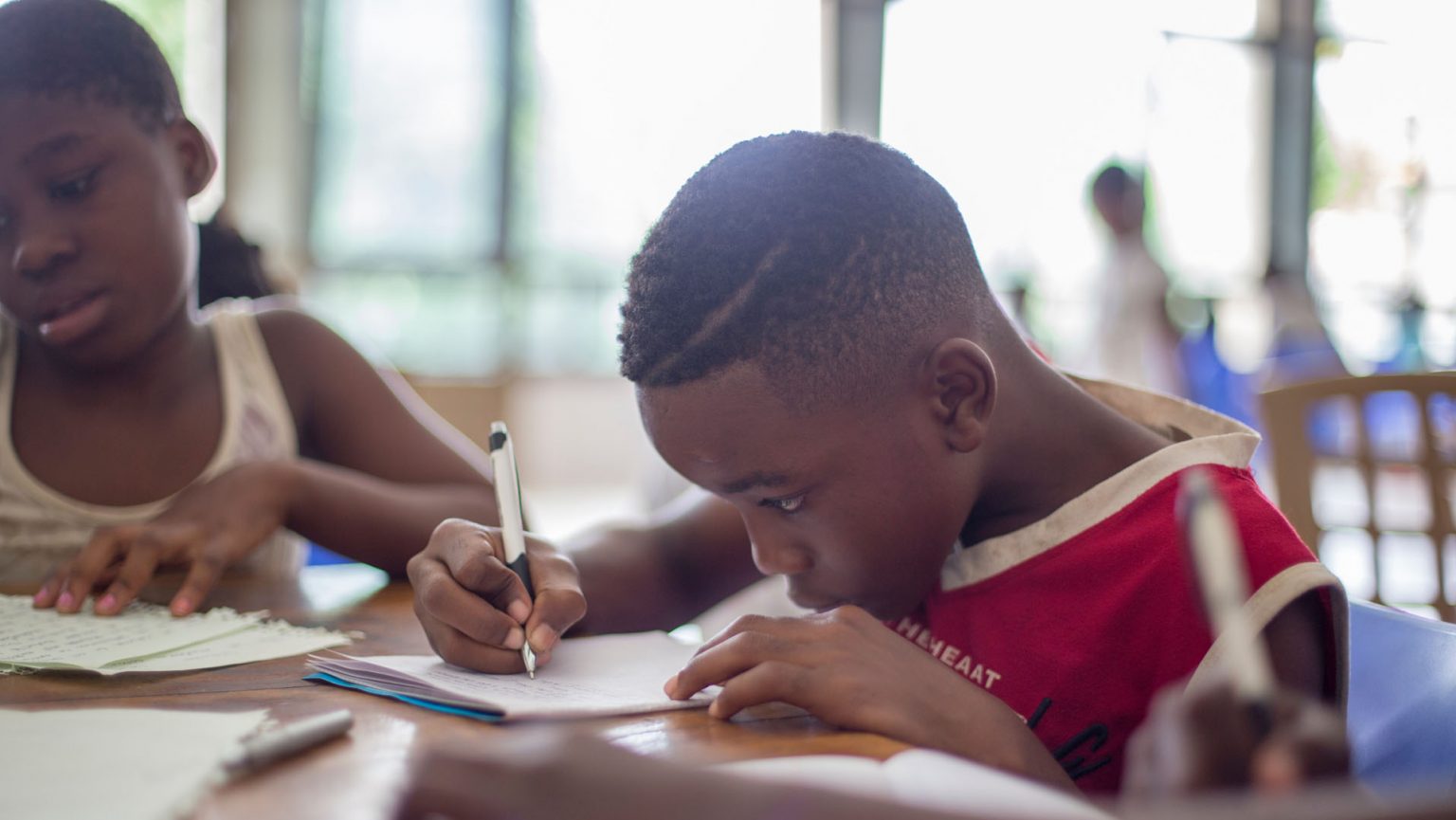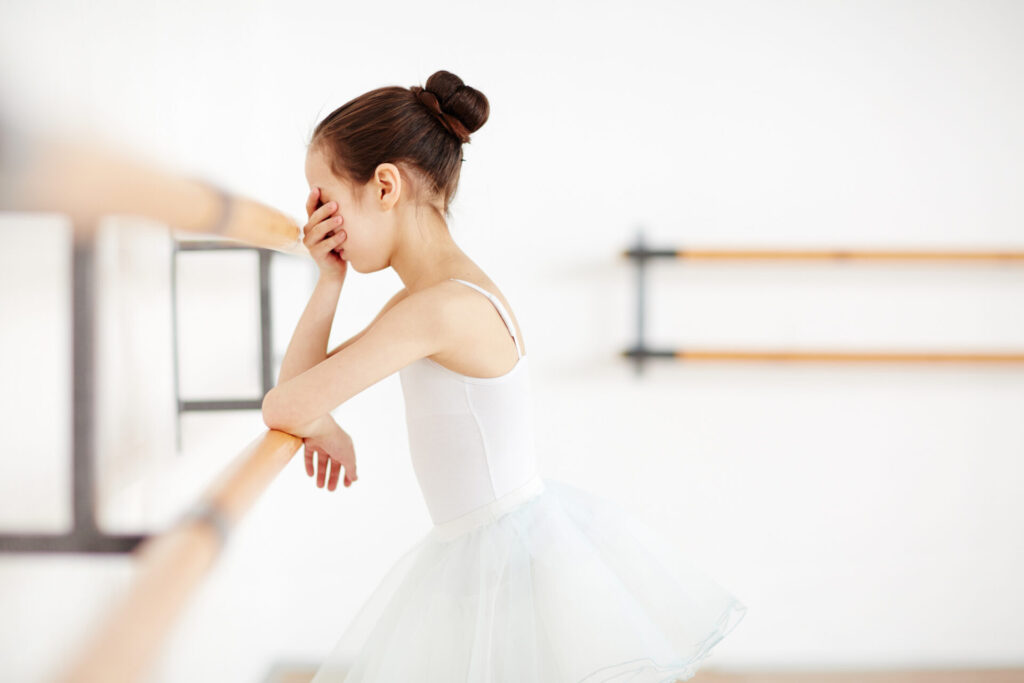YES
The 10,000 hours theory guides my parenting. Author Malcolm Gladwell wrote about this theory in his book Outliers and it goes like this: Putting 10,000 hours into something makes you an expert in it.
I should clarify: I’m more partial to the theory behind 10,000 hours. “Practice makes perfect” is a notion we apply to many things around my house, from soccer and baseball to dance and piano. And then there’s homework.
At our place, homework landed on our dining table early. Before we even broke in our fall jackets, weekly dictee lists were discovered in backpacks amongst sticky granola bar wrappers and stray schoolyard treasures. Along with those French spelling practices came constant, albeit gentle reminders from teachers to read for 20 minutes nightly. By grade three, my son was tackling a weekly homework packet— an assorted few pages of math, reading comprehension, science and more for him to work on as he wished over the course of the week. I welcomed the homework. While I was happy with my children’s teachers, I did wonder how much the kids actually learned in class. Were they chatting too much with their besties? Were the loud kids in the corner distracting everyone? Was the teacher moving too quickly for them to understand concepts? Homework in our controlled environment was my learning safety net, assuring me that my kids were grasping academic concepts.
And while I cheered inside at the homework because I knew there’d be a payoff, outside, well, there were many tears. Working on any unmastered skill is frustrating until you start to get it. And soon enough, my kids did get it and brought home dictees with 9/10 marks, and they moved up in their levelled-reading books. They quickly learned that those extra hours (not 10,000, but still) of doing schoolwork after class were worth it and homework became another part of the routine that they expected. What better example could I set for my kids—if you want to get better at something, you need to practise.
—Astrid Van Den Broek
NO
I was channel surfing recently and got into a show about students in Finland, who rank among the highest in the world when it comes to academics. Comparing to our kids, Finns have shorter days spent in class, they have a longer summer vacation (about 11 weeks) and there’s no homework. So how are they doing so well and consistently beating North American students, who spend more time in school, get shorter holidays and often have nightly homework? I’m still not 100 percent sure (the Jays game started; I turned the channel) but I do know my kids don’t need to come home from a long day of learning just to have a snack and hit the books.
Our girls are nearly 10 and nearly eight, and homework calendars have been coming home for years. They complete their work, but not because I agree with it. I should add this doesn’t include reading at night, which they do because they love reading. They did not get that from me.
The proponents of afterschool studies will say the extra practice boasts a slew of benefits—it can help teach and foster responsibility, time management, prioritization, discipline, organizational skills and independent work. I don’t discount this, and I agree that homework has a place, perhaps toward the end of elementary school and in high school. That said, homework calendars and agendas filled with to-dos in the early years isn’t necessary. Kids shouldn’t spend an extra hour or two a day immersed in work—home time should be reserved for family stuff. By the time we’re finished work for the day and get home, there’s sometimes only an hour or so to spend with the kids before the whole bedtime routine starts. I’d rather spend that time riding bikes than going through multiplication tables.
For nights when there’s just no time and the kids are all worked out, we send notes to the teacher explaining the extra work will be done over the weekend. The kids will be working for the rest of their lives. I’d much rather they have academic time at school and fun time with Mom and Dad.
—Peter van de Geyn
Originally published in the ParentsCanada Fall 2018 issue.










